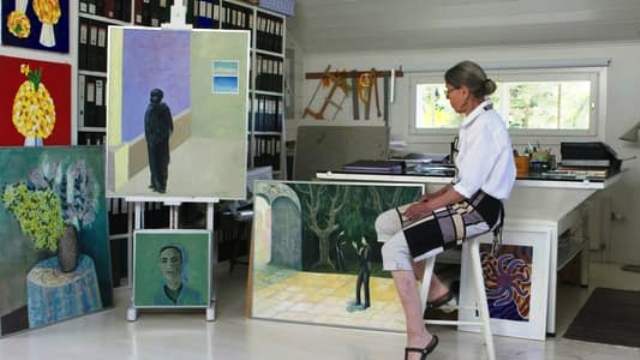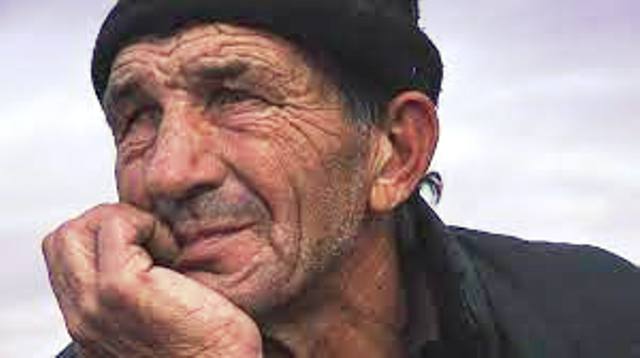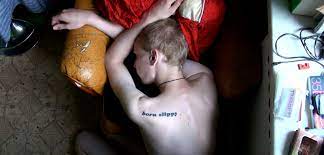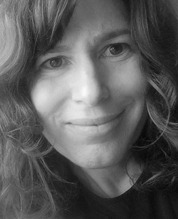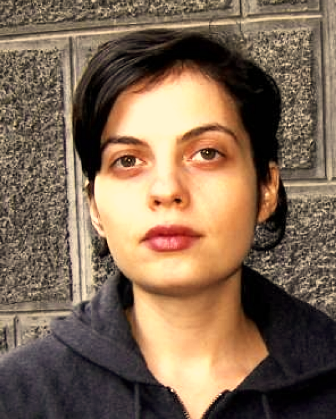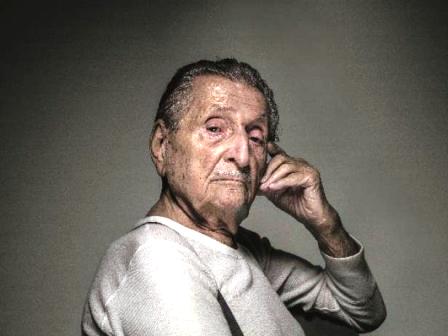The 29th edition of the Forum for Co-Financing of Documentaries. I was there for the two days, where 24 projects were pitched to a panel of TV-editors and Film Fund/Institute consultants with another 22 listed in the catalogue as observers, who could – as those behind the 24 mentioned – have individual meetings in the hours following the public show.
Is it a show? For us in the audience? Yes and no, depending on those pitching and those responding. And on the moderators skills. They were good, Cecilia Lidin and Mikael Opstrup. Well prepared, knew in beforehand who could be interested, always supporting towards the filmmakers at the other end of the table. Professional in other words creating the special family-like Nordic tone. That has the bad side that noone dares to be critical which sometimes creates a monotone atmosphere, where one editor says that he/she agrees with the previous one and “Thank you for the pitch” and “We can talk more in an individual meeting”. Fair enough but boring for the audience.
I will now bring in some comments on some of the projects, mostly those where I simply look forward to see the film.
And yet I start with some grumpy comments:
…on the first film presented, Norwegian “Kyiv Soloist”: “We get to experience the tragedy of the war in Ukraine through the eyes of a Ukrainian ensemble touring Europe as their home country is ravaged by war”. Production by Indie Film. A political correct choice to have this film open the Forum but disappointing to see a vulgar trailer cutting between interviews and soloists, who are now in Bodø in Norway, AND archive footage from bombed houses etc. from Ukraine. The day before in Malmø 13 Ukrainian filmmakers, invited by Nordisk Panorama, were pitching their projects – the Norwegian team did not mention any ideas of Ukrainian collaboration only hoping for funding from the Nordic broadcasters. Budget around 650.000€. Many Ukrainian documentaries could be made for that money. I sat next to a Ukrainian producer, who went in the break to say hello to the Norwegians, hope something will come out of that.
“Fashion Slaves” with Masud Akhond and Nicklas Karpaty was presented by always quality orientated Swedish Mantaray Film, fine verbal presentation, a bit weak trailer, in pre-production but a strong subject – the reality of young women working, and their dreams, in the textile industry in Bangla Desh… I looked at my fine new shirts the other day:”Made in Bangla Desh”.
Finally! I wrote in the catalogue when I had heard and seen the presentation of “The Dialogue Police” by Susanna Edwards, who I remember so well from her bullfighting film “Sunshadow” from 1996. There was energy in the clip and new for me was this group of policemen, who “instead of seeing threats… should focus on opportunities”. They will have a lot to do after the sad result of the Swedish election recently with, among others, Danish madman Rasmus Paludan running around burning korans. Want to see that film.
Also very powerful and promising is “Walls” located in Greenland, directors Nina Paninnguag Kristiansen and Sofie Rørdam, producer Emile Hertling Péronard, Anorak Films. Description: “Ruth grew up in a small settlement on Greenland’s magnificentEast coast, but has spent almost half her life in prison. Nina is a career-minded film producer from Nuuk, and during a documentary project in prison she becomes entangled in Ruth’s fate…” It was one of the most applauded projects during the Forum. Agreed!
… and then a film project called “The Andersson Brothers” – Roy Andersson and his brothers who did not/do not communicate, and drink too much. That Roy A. has had/has a problem with alcohol, last year I saw a fine film about him, where that issue was in the foreground, honestly I don’t understand why I should see a film about his brothers as well.
But I want to see the Norwegian “In Cod We Trust” from the fishing village, as they call it, Båtsfjord up in the North. Not more than 2000 people live there, “on top of the world”. Director Guro Saniola Bjerk performed an energetic pitch and the visual was inviting, my note was “lovely” and “fun”. About people.
And then some warm words about Jukka Kärkkaäinen from Finland, who is back to follow his friend and protagonist Tero from the unique “The Living Room of a Nation” from 2009 and Tero’s son Henry in “Like Father Like Son”. We have to wait till 2025 to see the final result as Kärkkaäinen intends to follow Henry until he turns 18. It can’t go wrong with a director as Kärkkaäinen.
On tuesday, the second day of the Forum, I stayed at the hotel to watch it all on a big television screen. A fine service from the festival, perfectly following the moderators, the pitching teams, the editors and consultants giving remarks, close-up television – many competent words came from Charlotte Gry Madsen SVT in Malmø, Erkko Lyytinen from YLE, Nathalie Windhorst from VPRO, Frank Piasecki from DFI and Arte’s Philippe Muller was again trying to advice the pitchers where to go in the labyrinth of the German/French channel.
Praise to three projects:
“North South Man Woman” presented by Norwegian Morten Traavik, who knows how to get into the enigmatic North Korean society as he showed with “Liberation Day” from 2016 – love that film. This time he has found a “refugee North Korean matchmaker and her Southern clients”. Fine teaser. I am curious, I guess he got some clients at the individual meetings.
Further East… Danish director Kaspar Astrup Schrøder has shown he can go into the closed Japanese society with the film “Rent a Family Inc.” from 2012; this time he also has a focus on an individual protagonist, 21 year old Koki, who started a hotline for young people, who have mental problems and think of taking their own lives. “I Belong to Nowhere” is ready to go into production. In the clip we get to know that in Japan there is a “Ministry of Loneliness”!
Back to Sweden and the strong company led by Göran Hugo Olsson, Story, that came up with “G” with Loran Batti as the director. “I’m tired to see this community being portrayed from outside” said Olsson in the verbal pitch completing the saying of the director “… I’ve long wanted to portray the suburbs from the perspective of the “black-skulls”. During all these years, I’ve been out ll night, made my mother unhappy and lived a life that wasn’t for me. Why? Because I was loyal to the community…”. Powerful trailer, probably the best I saw in terms of artistic power and energy.
Immediately after “G” the organisers had placed a project, “Storm Alerts”, a docu-drama from Iceland about a man who has/had a dream job at Copenhagen University and… I did not get it from the hysterical trailer, I don’t think the film project should have been at the Nordisk Panorama…
… that otherwise had many interesting film projects that hopefully will be realised in the coming years.
Thanks for the invitation!



